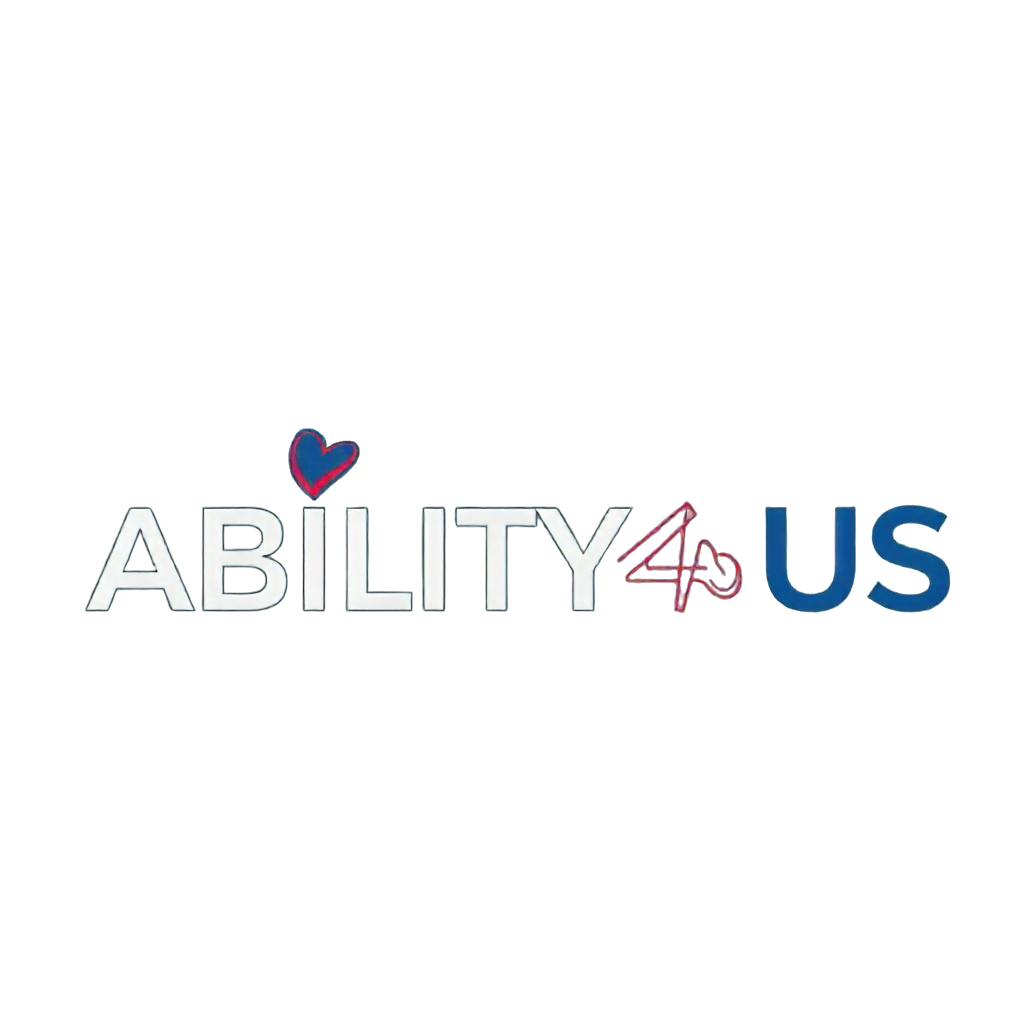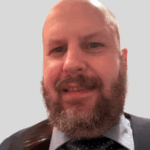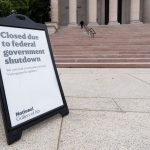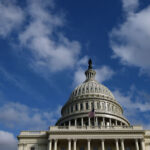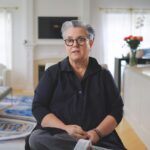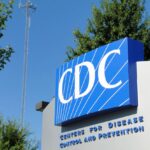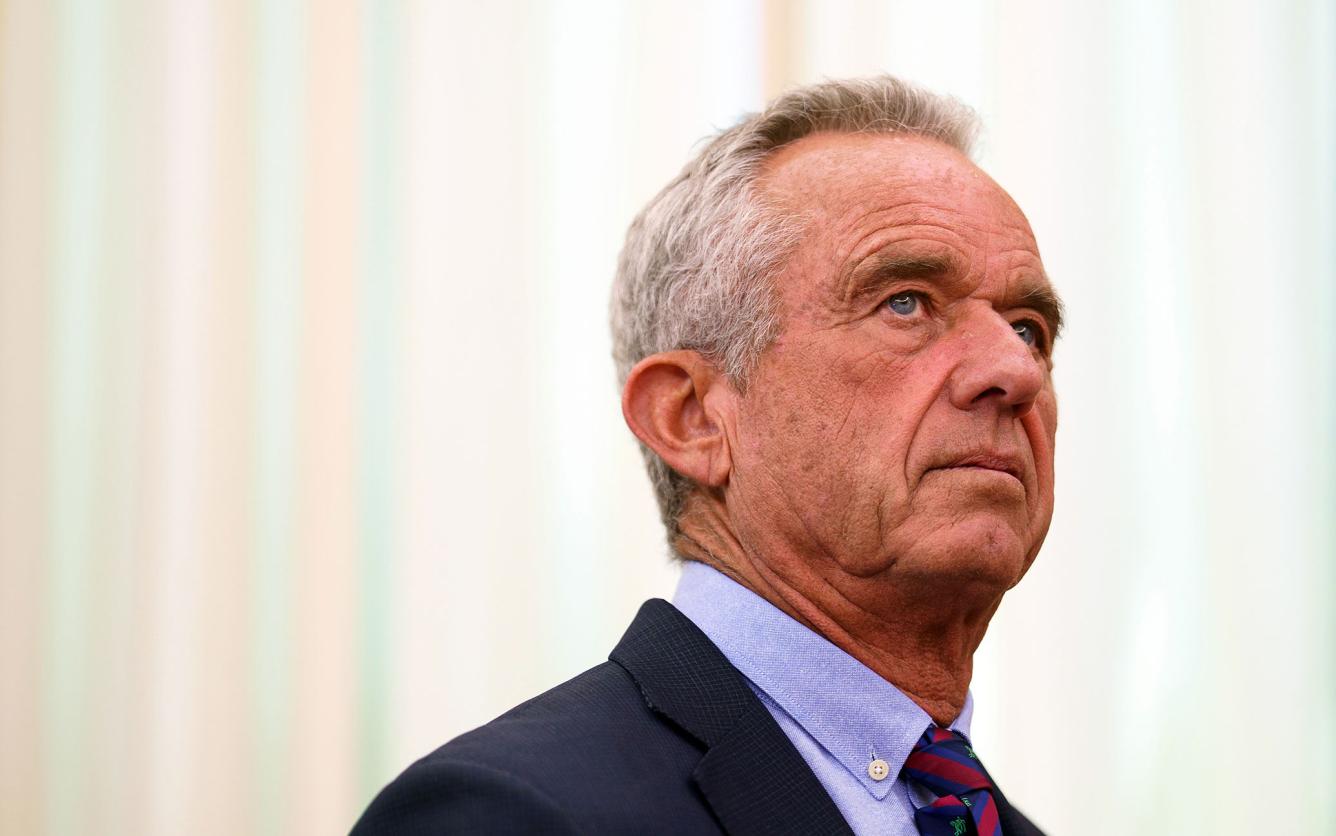Autism advocates are pushing back after U.S. Secretary of Health and Human Services Robert F. Kennedy Jr. said that kids who are on the spectrum will never have a job, play baseball, go on a date and more.
At a press conference last week in response to new data showing that autism rates are rising, Kennedy painted a grim picture of life with the developmental disability.
“These are kids who will never pay taxes. They will never hold a job. They’ll never play baseball. They’ll never write a poem. They’ll never go out on a date,” Kennedy said. “Many of them will never use a toilet unassisted and we have to recognize we are doing this to our children and we need to put an end to it.”
Autism, Kennedy said, “destroys families.”
The remarks came less than 24 hours after the Centers for Disease Control and Prevention released data showing that the estimated autism prevalence rate in the U.S. jumped to 1 in 31 children. That’s up from 1 in 36 when the last estimate was released in 2023 and 1 in 150 in the year 2000.
Kennedy called the new rate “shocking” and insisted that autism is “preventable.” He rejected the idea — widely supported by autism experts — that rising autism prevalence is due to better awareness and diagnosis and said his agency would be announcing studies in the next two to three weeks to identify the environmental toxins responsible. Kennedy previously said that he expects to have answers about the cause of what he called the “autism epidemic” by September.
The comments from the nation’s top health official are sowing deep concern in the autism community, which has pushed for years to increase awareness and acceptance. Leaders of several prominent advocacy organizations — which don’t always align with each other — put out a joint statement emphasizing that vaccines do not cause autism, that people with autism deserve respect and support and that policy should be evidence-based.
“We are deeply concerned by growing public rhetoric and policy decisions that challenge these shared principles,” reads the statement from the Autistic Self Advocacy Network, the Autism Society of America, Autism Speaks, The Arc of the United States, the Autistic Women and Non-Binary Network and the Autistic People of Color Fund. “Claims that autism is ‘preventable’ is not supported by scientific consensus and perpetuate stigma. Language framing autism as a ‘chronic disease,’ a ‘childhood disease’ or ‘epidemic’ distorts public understanding and undermines respect for autistic people.”
In addition to the initial signatories, the statement has been endorsed by more than two dozen other groups.
Colin Killick, executive director of the Autistic Self Advocacy Network, said that he identifies as autistic and knows people who are on the spectrum doing all the things that Kennedy said they can’t.
“I know of nonspeaking poets who use alternative communication methods, there are many autistic baseball players in the Special Olympics, and of course autistic people date, including those who have high support needs and those who live in group homes,” Killick said. “He is painting our lives as worthless, and us as a burden on our families and society at large. That kind of rhetoric has dangerous consequences.”
Special Olympics, an organization founded by Kennedy’s aunt, Eunice Kennedy Shriver, also objected to his characterization of people with autism.
“Everyone has gifts and talents to celebrate. People with IDD are no different,” the nonprofit said in a statement to Disability Scoop. “They play sports. They attend schools. They go to work. We join the legions of others in their concern with how the autistic community is being portrayed. Meet our athletes. Hear their stories. Listen to how they are leading the way to a more inclusive and welcoming world.”
Kennedy, 71, also questioned whether there is anyone his age with “full-blown autism,” insisting that “you can’t find them.”
Officials with the Autism Science Foundation said they agree with Kennedy’s goal of uncovering the causes of autism, but they indicated that his suggestion that there are no older people with profound autism is incorrect.
“I would urge the HHS secretary to come and meet my 61-year-old brother Steven, who was diagnosed with autism in 1969,” said Alison Singer, the group’s president. “He currently lives in a group home with five other adult men with profound autism. Back in the 1970s, people with autism weren’t visible because, unfortunately, most of them were institutionalized.”
A spokesperson for the Department of Health and Human Services sought to soften Kennedy’s comments.
“Secretary Kennedy remains committed to working toward a society where people with autism have access to meaningful opportunities, appropriate supports, and the full respect and recognition they deserve,” the spokesperson said. “His statements emphasized the need for increased research into environmental factors contributing to the rise in autism diagnoses, not to stigmatize individuals with autism or their families. HHS supports ongoing collaboration and research to both identify the causes of autism and provide the best possible care and management strategies for those impacted.”
Kennedy himself went on Fox News late last week to address his comments, clarifying that he was referring to individuals with autism who are nonverbal.
“There are many kids with autism who are doing well,” he said. “They’re holding down jobs, they’re getting paychecks, they’re living independently. But I was specifically referring to that 25%, the group that is nonverbal.”
Kennedy then doubled down on his commitment to uncover environmental factors associated with autism, with a post on X suggesting that “we need to identify the exposures that are causing this epidemic and compensate the families of the injured.”
Sorce: https://www.disabilityscoop.com/2025/04/21/kennedys-comments-about-asd-draw-backlash/31414/
